Why William Shatner Doesn’t Watch ‘Star Trek’
William Shatner, who appears with the NSO on April 29, talks about his journey into space, the poetic nature of his music, and the reason he doesn't watch Star Trek.

Ask William Shatner if he’s looking forward to his upcoming appearance with the National Symphony Orchestra and he launches into full-metaphor mode.
“Have you ever seen a 100-foot wave?” he says over a Zoom call from his California home, speaking with a gentle yet emphatic delivery familiar from years of playing the iconic Captain James T. Kirk on Star Trek, and later his Emmy-winning turn as Denny Crane in Boston Legal.
“Can you imagine? If you fall you’re going to die because millions of pounds of water will dump over you. They talk about what happens underneath, and how you have to hold your breath, and all that. You’re going to die — and you’re going to die tumbling, and ‘Oh, oh, I can’t catch my breath.’ And then, finally, you’re swallowing water and you die slowly. You’re going to die, but you’re on a 100-foot wave.”
When it’s pointed out that Shatner, who is 91, is unlikely going to die while appearing with the NSO, he laughs. He’s making a point about his need to push himself, to challenge himself, to put himself in situations where, for him, the results are akin to life or death.
Much like when, in October 2021, he became the oldest living person to rocket into orbit on Blue Origin, the nascent space shuttle company owned by Amazon’s Jeff Bezos.
Perhaps Shatner’s link to space is why Ben Folds, artistic director of the Kennedy Center’s “Declassified” series chose his longtime friend as the special guest artist for the evening, which, in addition to six of Shatner’s original songs, include Claude Debussy’s “Clair de lune” and Gustav Holst’s “The Planets.”
We spoke with the legend, who provided the world one of its most iconic science fiction figures, about the concert, his trip into orbit, and what he thinks the future holds for, as he sees as our fragile, blue planet.
METRO WEEKLY: Over the past few years, you’ve released several albums, often featuring duets with extraordinary talents in the music community. It’s clearly something that brings you joy.
WILLIAM SHATNER: I love the idea of making music. I’ve yearned to make music. I’ve strived to make the music in my own image because I have to, and have slowly evolved a methodology that comes close to achieving it. I did a blues album. I did a Christmas album. I put my imagination, my creative energies into both those albums to give a different interpretation of Christmas songs, and my interpretation of blues.
MW: You speak the lyrics rather than full-out sing.
SHATNER: Because my background is in poetry and in iambic pentameter. I speak poetry. I’m a Shakespearean actor. I know great words. I know the beauty of great words and the rhythm. The word onomatopoeia applies, but yet it doesn’t. I live in the poetry of words, and the extension of that is music. I hear these great voices. A great singer — bass, baritone, or Coloratura soprano — has a magic that has taken years to cultivate. It’s the essence of what the human voice can do, and the human voice can do anything. But it takes years of sacrifice. I never did it. So I look on with envy, but with admiration and appreciation, and fumble around the best I can, to try and come somewhere close to that.
MW: It’s distinctive. You found a way to adapt the artform to you.
SHATNER: I’m so glad you’re saying that. You’re making my morning. The thought has often occurred to me: what do these great virtuoso musicians want with me? Ben Folds is a premier artistic musician. He’s a unique voice in music in America. I’m doing this concert with him. So a musician of Ben Folds’ worth thinks I’m worthy enough as a musician to invite me to perform at Kennedy Center.
MW: What songs will you be performing?
SHATNER: The six songs that I’m going to do at the Kennedy Center are an extension of my newest album BILL, which are personal songs of personal experiences of mine that we were able to distill and make into, if not a life lesson, a commentary. Five of the six songs are about the planet. It’s about my despair over the planet. The songs are meaningful. The songs will bring tears to your eyes. It’s a very meaningful concert.
MW: You were in space, fictionally, for many years. Then it became reality. You couldn’t have possibly ever imagined you would really travel to space.
SHATNER: I wasn’t going to go up. A producer friend and I went up to Seattle to sell the idea of me going up first. And then they decided that Jeff Bezos would go up first. So I said, “Okay. That’s the end of that.” And then they said, “Well, would you come up second?” First of all, I said no because it was inconvenient. But the more I thought about it, the more I realized I’ve lived my life going down a 100-foot wave. I’ve done a lot of stuff just stupidly challenging my life because it was a thrill. I had just come off of swimming with 18-foot tiger sharks, and why did I do that?
So I thought, “I’ll just go just for the thrill of it,” thinking it would be innocuous the second time — nobody cares. I had no idea that it would achieve the recognition that it did. It blew me away.
MW: Did you have any apprehension about going up?
SHATNER: I can’t tell you how many times I’ve seen the Hindenburg burn, and the [Challenger] explode, So I was properly apprehensive going up. But then what came to my mind, because I [was 90], is that death is around the corner. I must have been particularly attuned to death and life, and that’s what I felt so impactfully — death and life. And that’s what my song “So Fragile, So Blue” is about. It’s a beautiful song about our planet [as seen from space].

MW: What are your thoughts about our planet with regards to climate change?
SHATNER: That’s obviously the existential question of our lifetime. Casually grazing over it in an interview is spurious. But what’s going to happen, I’m afraid, is that the Earth will become intolerable to not just human life, but a lot of life.
Man will either be on top of mountaintops somewhere, maybe in some valley, but the billions that we crapped onto the Earth will be no more. And your children and my children are going to suffer it. They’re going to have to live and die in pollution and fire and heat. But in 1,000 years, 10,000 years, a blink of an eye, the Earth will heal itself — eventually the Earth will correct itself because somebody else knows what the correcting mechanism is. I don’t know why the salinity of the ocean hasn’t changed, but it hasn’t, and why the percentage of oxygen and carbon dioxide remains the same, I don’t know why. But there’s a whole theory of Gaia, the living planet.
In some manner, not literally, but figuratively, the Earth is alive. The Earth governs itself. It has currents. It self-regulates. It continues. Gaia will remain and we’ll all die off. And that, I think, is what’s going to happen. We can fool ourselves. A guy says, “Oh, we got 20 years left. We got to do something.” We don’t have 20 years. We’re fucked.
Jeff Bezos’s idea is to lift heavy industry into space, do a geocentric orbit 270 miles, 300 miles up in space, put all the heavy industry up there, pollute, burn coal up there if you want. And then beam down whatever you’re making up there to down here. And then people working up there, living up there, come down to Earth. It’s park-like, it’s pristine. And you spend two, three weeks here, and then you go back up and you work, and that’s the way the Earth would work. The heavy industry would be up in space. That’s what he’s putting his money into. I said to him, “But Jesus, that’s 100 years from now. We don’t have 100 years.” He said, “Well, you have to have hope. Without hope what have you got?” And that’s the way he left it.
MW: Have you watched any of the new Star Trek series?
SHATNER: None. Are they good?
MW: Very. I recently watched screeners for Strange New Worlds, which is the most aligned to your character’s timeline because it tells the story of Christopher Pike’s pre-Kirk Enterprise. They’ve done a great job with it. Picard and Discovery are equally fantastic. Why don’t you watch them?
SHATNER: Why don’t I watch Star Trek? I’ve never truly analyzed why I don’t watch it. I’m really good friends with the people from The Next Generation. I see them at comic cons at times, and they’re over at my house sometimes for football. They’re buddies. But I’ve never seen their show. I’ve never really seen an episode. I’ve tried not to look at my episodes. I don’t watch hour television as a rule. Somebody says, “Oh, you should binge watch X, Y, and Z.” So I did Yellowstone. I loved Yellowstone, but that’s the only hour show I’ve watched in many, many years. I watch movies. I watch sports. I watch news — I’m a newsaholic. But I don’t know. Hour television seems like a waste of time.
MW: Wait. You haven’t even watched your own Star Treks?
SHATNER: No. We did three years and then we were canceled. It wasn’t very popular, and then when it became popular, I was onto other things. There’s both an identification and a removal. It’s a duality that I can’t quite put together.
MW: We’re an LGBTQ publication, and a friend found a remark that Kirk made in an episode of the original series that felt relevant to our present times. Kirk said, “It’s been my experience that the prejudices people feel about each other disappear when they get to know each other.”
SHATNER: I come from a very conservative Canadian background. Somebody who was homosexual, it was like, “Wellll?” when I was a kid. But growing up in show business where there were a lot of people who had different identifications — they were my friends. I didn’t care who they went to bed with — it didn’t affect me. And in fact, I hung out with same-sex couples. They were my best friends in Toronto.
Now my father might have looked askance, but I am totally of the belief that you are who you are. You’re a human being. Love whoever you want to love. Why is [Florida Gov. Ron] DeSantis bringing all this attention to it? It’s bizarre. It’s bizarre for a human being to look at another human being and say, “Well, you should feel this way, or you should do this.” How the fuck do they know?
MW: There’s a lot of hate, fear, and prejudice at work.
SHATNER: But based on what? What are they going to do — grab you by the cock? What are you afraid of? What are you afraid of, Mr. DeSantis? What are you afraid of? What are they going to teach your child? They’re not going to teach your child anything — just that everybody’s different. Do what you want as long as you don’t hurt anybody. The rules are simple, and they’re forever. They’re baked into human nature. That’s the way I feel.
William Shatner is the featured guest artist with The National Symphony Orchestra, led by conductor Steven Reineke, in “Declassified: Ben Folds Presents” concert on Friday, April 29, at 9 p.m. in the Kennedy Center Concert Hall.
Tickets are $25 to $75.
Call 202-467-4700 or 800-444-1324 or visit www.kennedy-center.org.
Support Metro Weekly’s Journalism
These are challenging times for news organizations. And yet it’s crucial we stay active and provide vital resources and information to both our local readers and the world. So won’t you please take a moment and consider supporting Metro Weekly with a membership? For as little as $5 a month, you can help ensure Metro Weekly magazine and MetroWeekly.com remain free, viable resources as we provide the best, most diverse, culturally-resonant LGBTQ coverage in both the D.C. region and around the world. Memberships come with exclusive perks and discounts, your own personal digital delivery of each week’s magazine (and an archive), access to our Member's Lounge when it launches this fall, and exclusive members-only items like Metro Weekly Membership Mugs and Tote Bags! Check out all our membership levels here and please join us today!






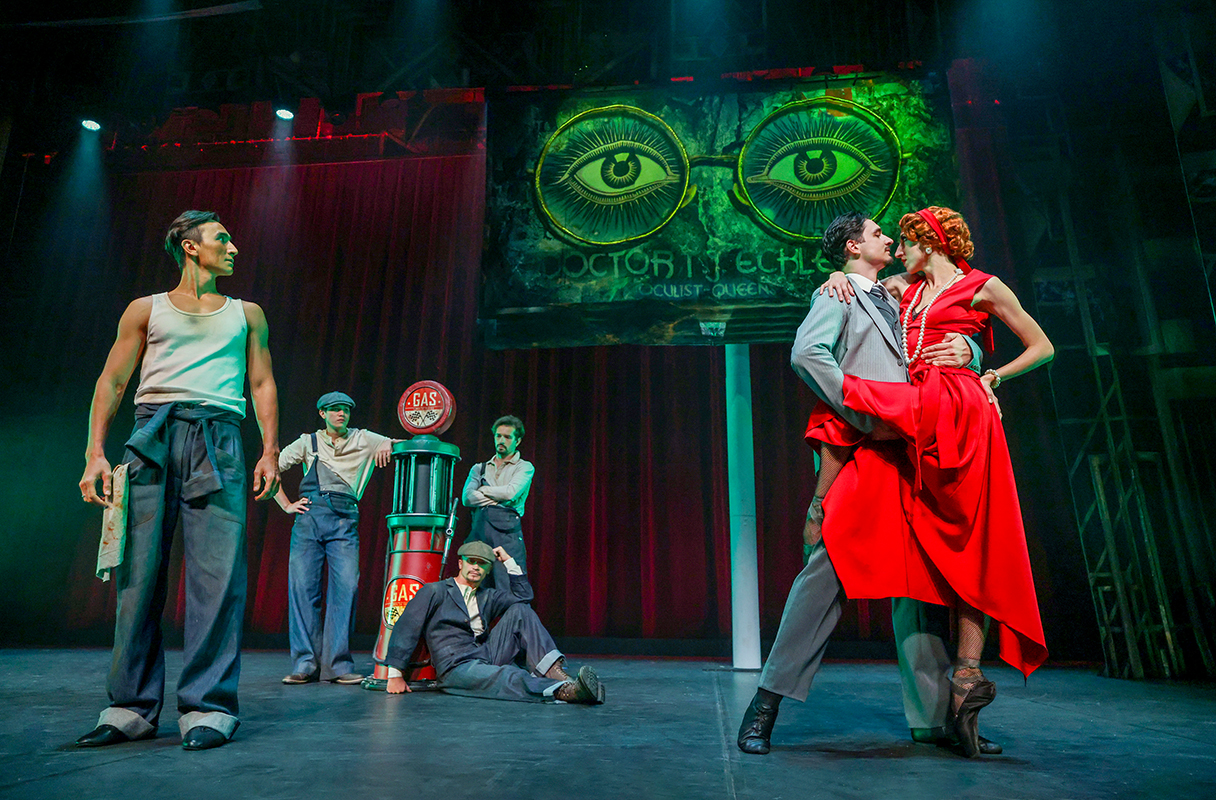
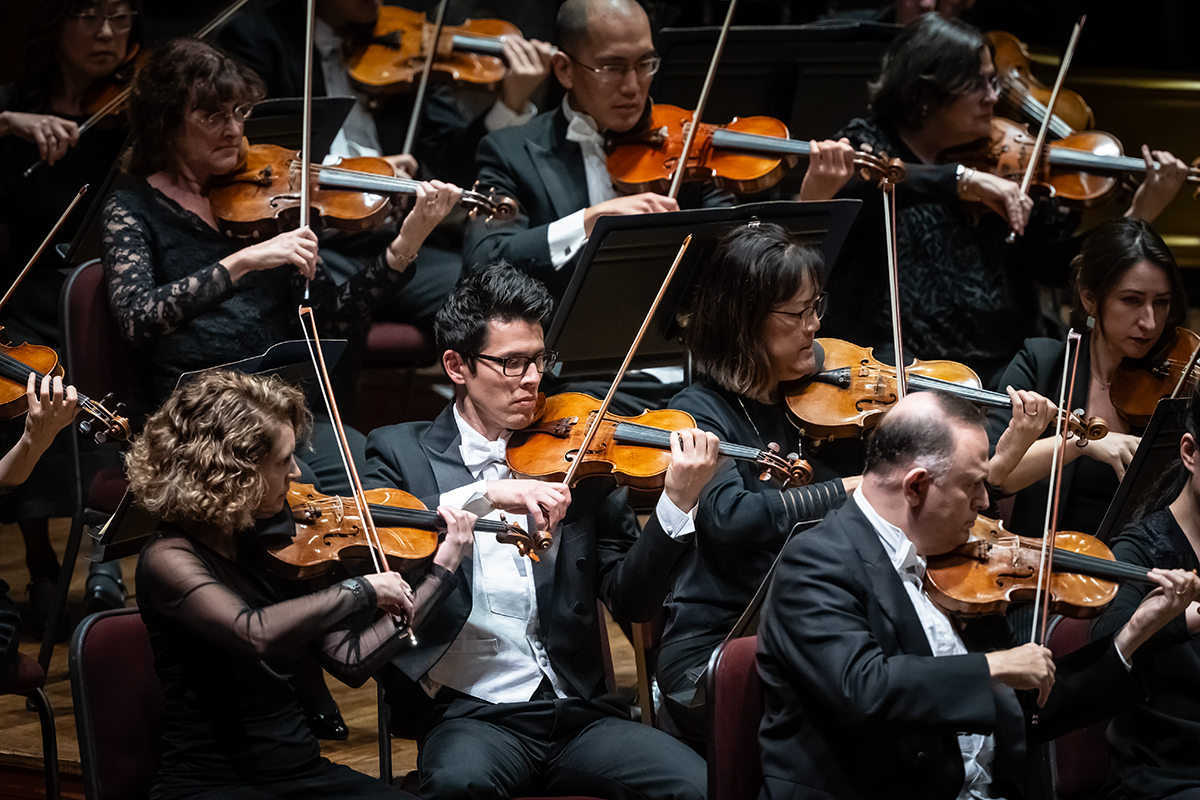
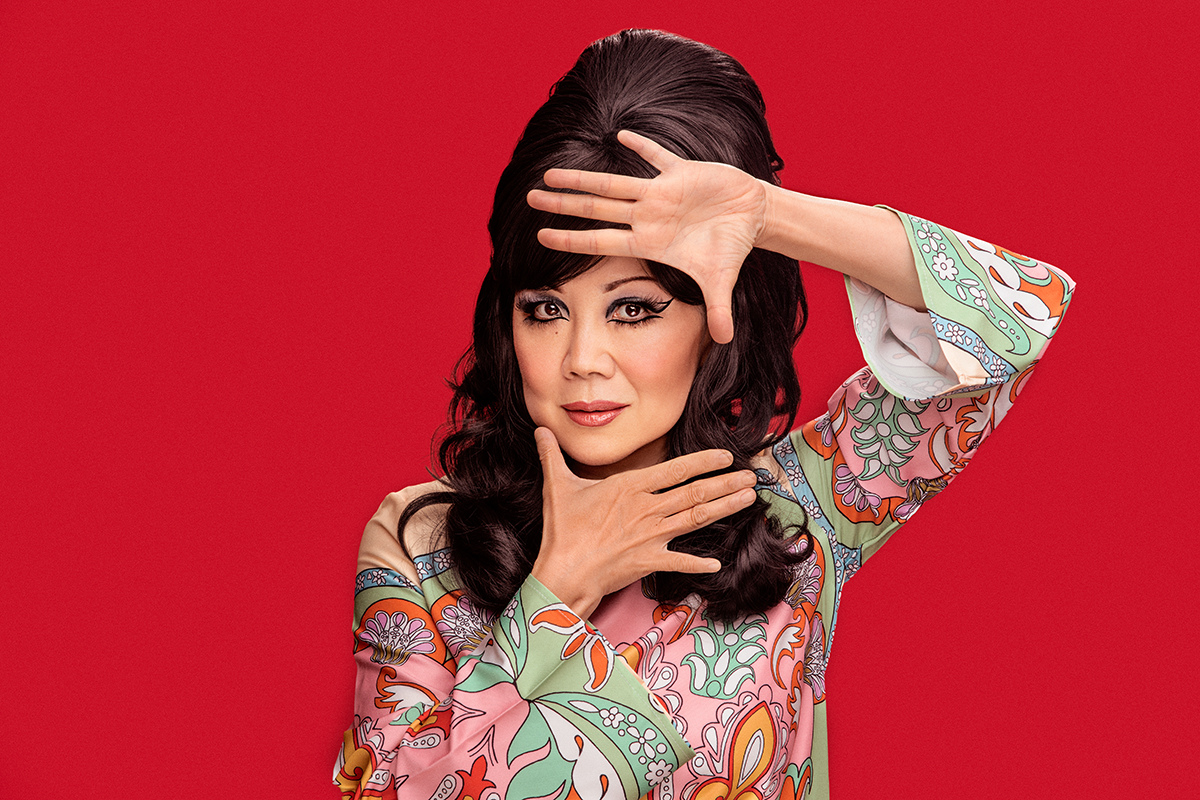
















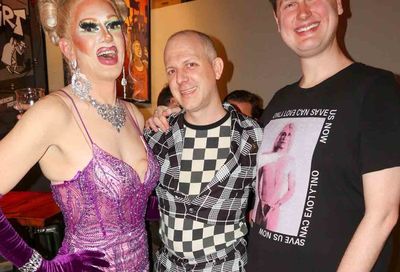
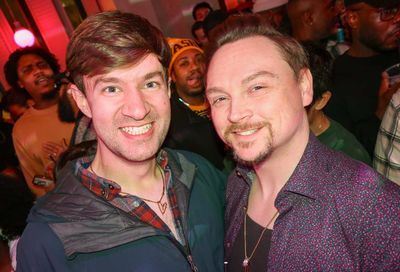
You must be logged in to post a comment.